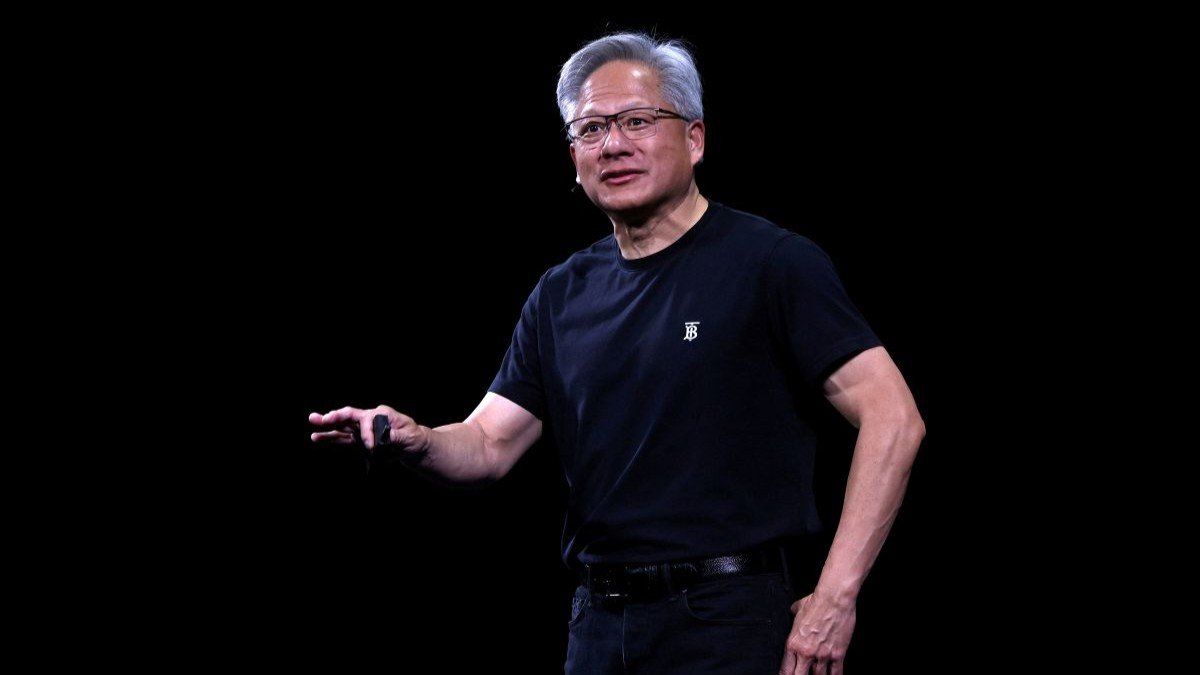US will end restrictions of AI chips exports to China, says Nvidia
The US-based chipmaker Nvidia is on a hot streak. After becoming the first ever company to be valued at $4 trillion, the firm said that the Trump administration ended its export limits on US-made H20 artificial-intelligence chips to China. The initial White House decision to curtail these exports, made in April, came after the Chinese firm DeepSeek released a powerful AI model that required far less computer power than its American cousins. Nvidia CEO Jensen Huangargued that these restrictions were counterproductive, because they spurred Chinese firms to develop their own chip industry. His argument appears to have resonated, and shares in Nvidia shot up 4% on Tuesday morning.
Trump threatens tariffs to force Putin into peace deal
US President Donald Trump increased pressure on Russian President Vladimir Putin to negotiate an end to the war in Ukraine on Monday by imposing a 50-day deadline for Moscow to strike a peace deal or face 100% tariffs on the few goods still traded between the US and Russia. He also threatened harsh secondary sanctions — up to 500% tariffs — on any other countries still doing business with Moscow. That could in principle cripple Russia’s economy, but it would put the US at odds with major trade partners China and India, which still import most of their crude from Russia. Are people buying Trump’s threat? The ruble reversed quickly initial losses on the news, buoyed by the 50-day grace period and Trump’s tendency to extend deadlines on his most severe threats.
India’s juggling act
During a visit to Beijing this week for a gathering of the Shanghai Cooperation Organization, India’s lead diplomat Subrahmanyam Jaishankarpraised China’s leadership of an organization it hails as an alternative to Western clubs like the G7. It’s another reminder that Prime Minister Narendra Modi’s government, which is also a member of the Quad security group with the United States, Japan, and Australia, and buys large volumes of Russian crude oil, is working to protect solid relations with all the major players on the world stage. Relations with China, though improved, are the most difficult balancing act, given recent violence along disputed parts of the India-China border.
